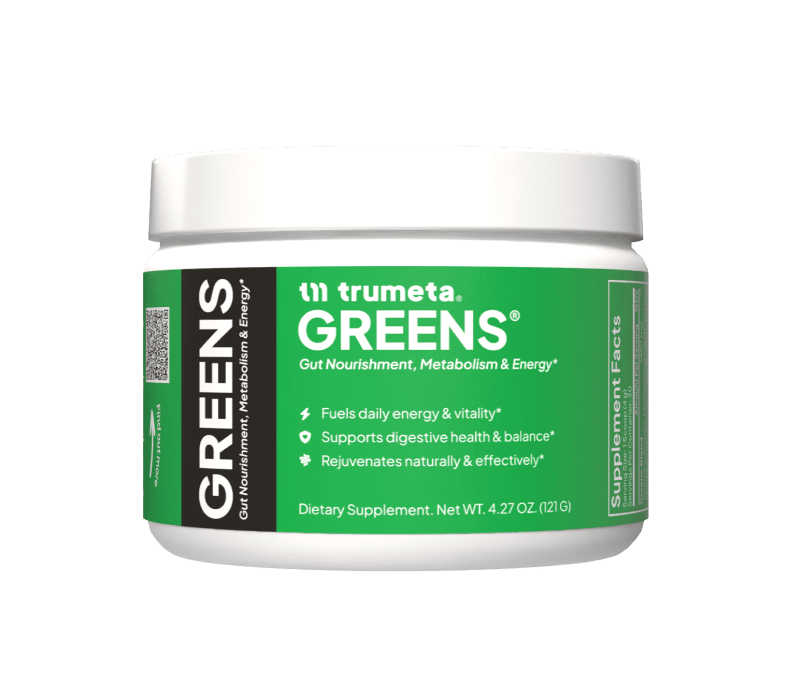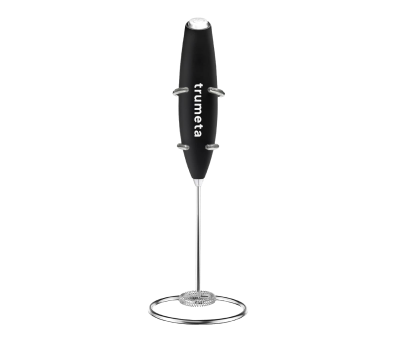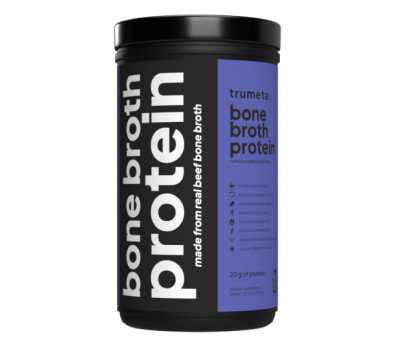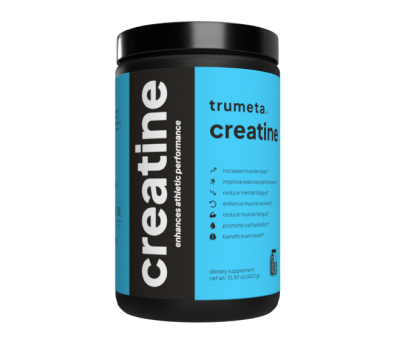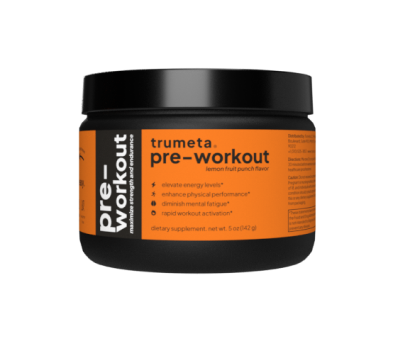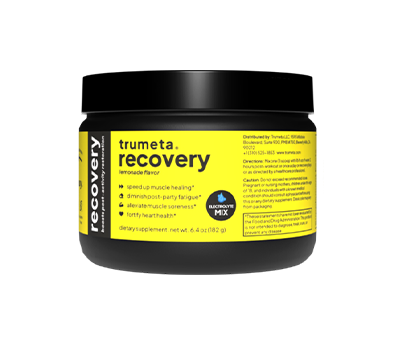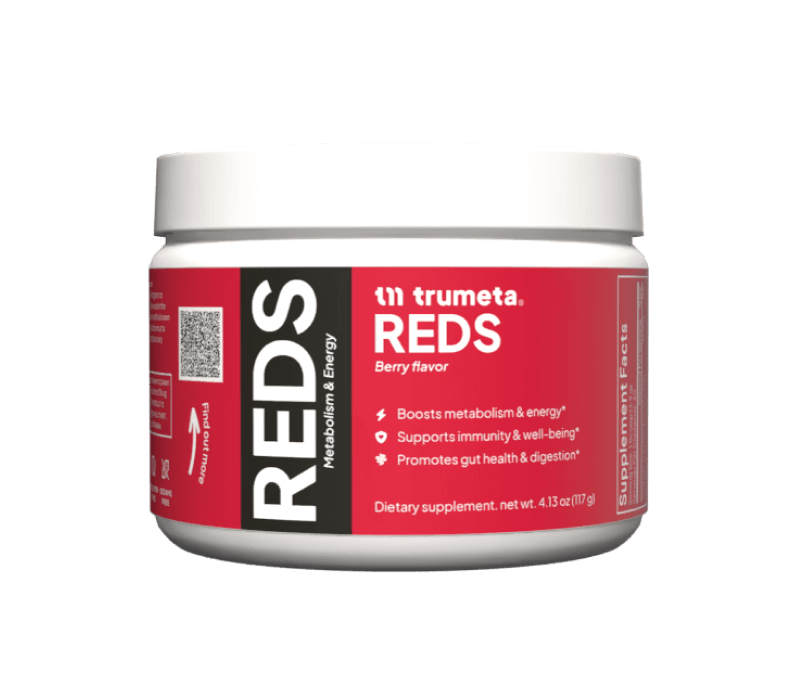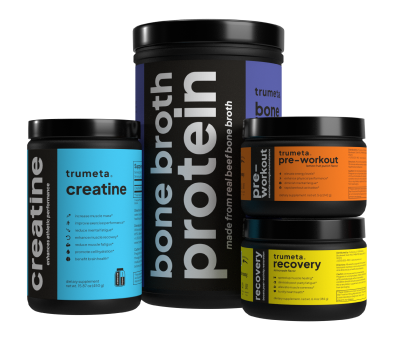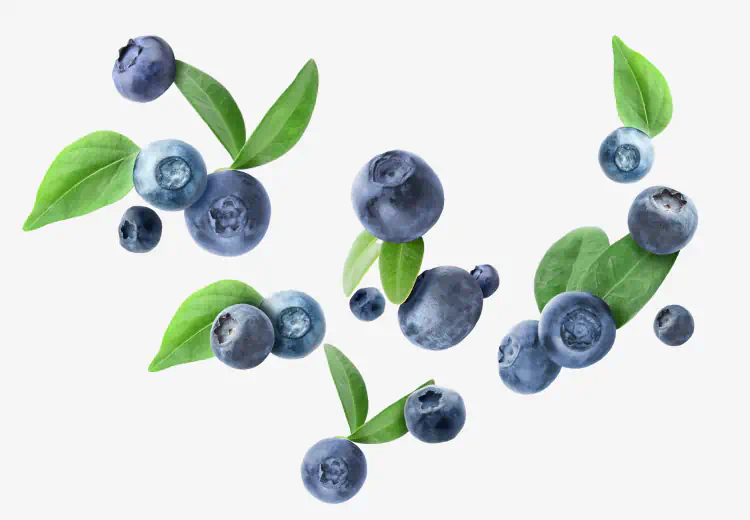
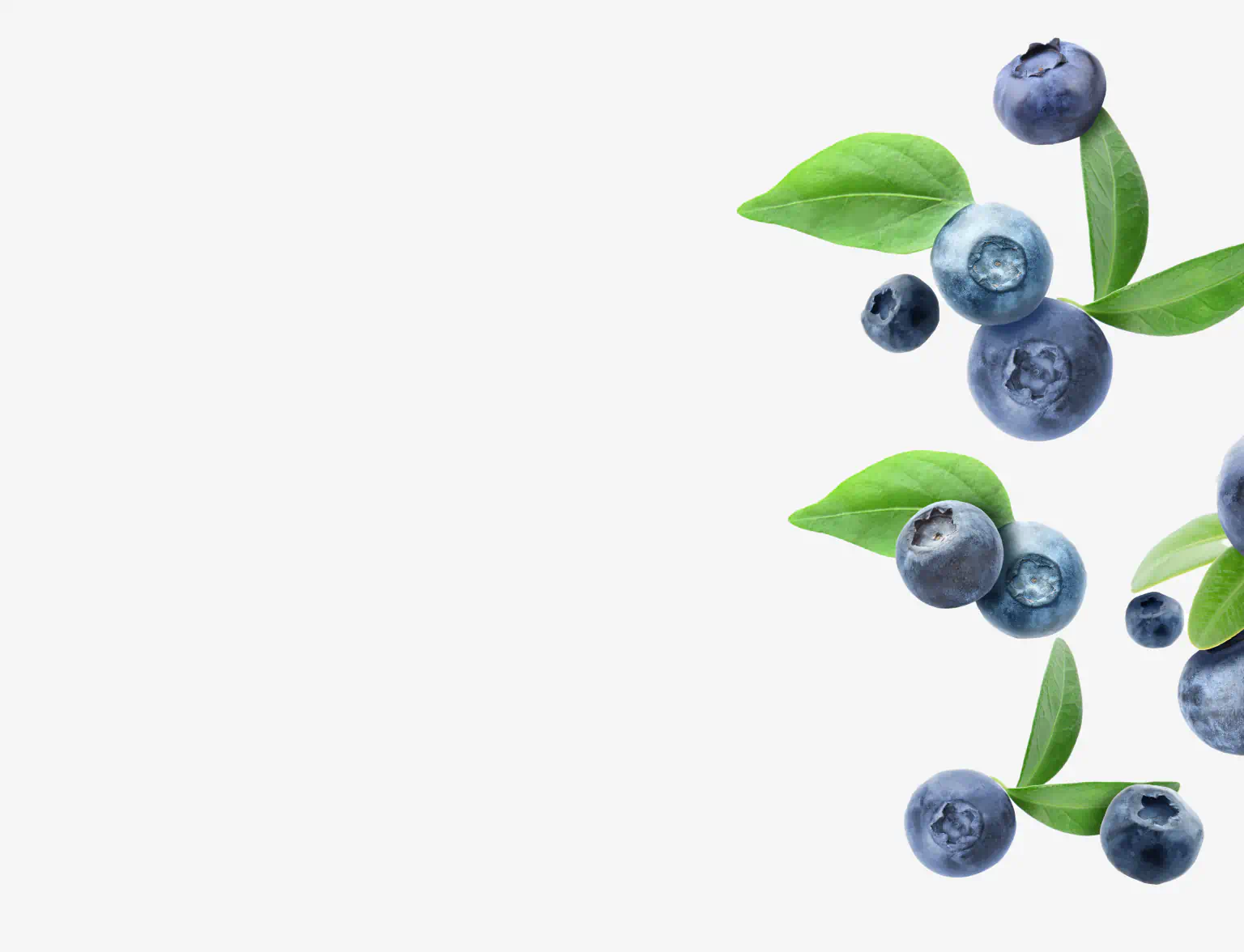

Organic blueberries:
Health benefits & antioxidant power
Organic blueberries stand out as one of nature's most potent nutritional treasures, packed with antioxidants and essential nutrients in a small, sweet package. Grown without synthetic pesticides, chemical fertilizers, or genetic modification, these vibrant berries deliver clean nutrition alongside their distinctive flavor. Their deep blue-purple color signals the presence of powerful plant compounds that support overall wellness while delighting the taste buds.
From fresh summer harvests to frozen winter options, organic blueberries offer year-round access to their impressive nutritional benefits. Their versatility in the kitchen makes them an easy addition to countless dishes, while their nutrient density makes every serving count toward optimal health. Whether enjoyed by the handful or incorporated into recipes, these little berries deliver substantial nutritional impact.
Benefits of Organic Blueberries
Cultivated in soil free from synthetic chemicals, organic blueberries offer a clean source of vital nutrients and unique plant compounds that work together to nurture wellness throughout the body.
Rich in Antioxidants
Organic blueberries rank among the highest antioxidant foods available, with anthocyanins leading their impressive array of protective compounds. These natural plant pigments give blueberries their distinctive color while neutralizing harmful free radicals in the body. The antioxidant content in organic blueberries helps reduce oxidative stress at the cellular level.
Boosts Brain Health
The unique combination of antioxidants in organic blueberries appears to have special affinity for neural tissue. These compounds help protect delicate brain cells from oxidative damage while supporting healthy neural connections.
Regular consumption of blueberries has been linked to maintained cognitive function, particularly in areas of memory and processing. The protective effects seem most pronounced when blueberries are consumed consistently over time as part of a varied diet.
Supports Heart Health
Organic blueberries contribute to cardiovascular wellness through multiple pathways. Their fiber content helps manage cholesterol levels, while their antioxidants support healthy blood vessel function.
The anthocyanins in blueberries help maintain arterial flexibility and normal inflammatory response. Including organic blueberries regularly in your diet provides these heart-friendly compounds in their natural, whole-food form.
Enhances Skin Health
The vitamin C and antioxidants in organic blueberries support skin's natural structure and resilience. Vitamin C plays a crucial role in collagen formation, the protein that gives skin its structure and elasticity.
The antioxidants in blueberries help protect skin cells from environmental damage and oxidative stress. Regular consumption supports skin health from within, complementing external skin care routines for a comprehensive approach.
Aids in Weight Management
With just 84 calories per cup yet nearly 4 grams of fiber, organic blueberries offer impressive nutritional density without excess energy. Their fiber content promotes satiety, helping you feel fuller longer after meals.
The natural sweetness of blueberries satisfies cravings while their low glycemic impact helps maintain steady blood sugar levels. This combination makes organic blueberries an ideal choice for those managing their weight while still enjoying sweet flavors.
Forge Your Victory
Key nutrients
Behind the sweet taste and tiny size of organic blueberries lies a nutritional powerhouse. These berries contain an exceptional variety of vitamins, minerals, and specialized plant compounds that contribute to their reputation as a superfood worthy of regular inclusion in health-conscious eating plans.
Anthocyanins
The deep blue-purple pigments in blueberries are anthocyanins, potent antioxidants with numerous health benefits. These compounds help neutralize free radicals that can damage cells and contribute to aging.
Organic wild blueberries often contain particularly high levels of these valuable compounds. The anthocyanins in blueberries support healthy inflammatory response throughout the body while protecting cells from oxidative damage.
Vitamin C
Organic blueberries provide a notable amount of vitamin C, an essential nutrient that supports immune function and skin health. This powerful antioxidant helps protect cells from damage while supporting collagen production.
This water-soluble vitamin must be consumed regularly as the body doesn't store it, making blueberries a valuable dietary source.
Fiber
The fiber in organic blueberries supports digestive health and contributes to feelings of fullness after eating. Both soluble and insoluble fiber are present, offering comprehensive digestive benefits.
This fiber helps maintain healthy blood sugar levels while supporting digestive regularity and gut health.
Manganese
Organic blueberries stand out as an excellent source of manganese, a trace mineral that supports bone health, metabolism, and antioxidant function. This mineral plays a role in many enzymatic reactions in the body.
This essential mineral supports connective tissue formation and helps activate enzymes involved in metabolism and antioxidant function.
Vitamin K
The vitamin K in organic blueberries supports healthy blood clotting and metabolism. This fat-soluble vitamin works with calcium and vitamin D to maintain bone density and structure.
Regular consumption helps maintain adequate levels of this important nutrient that many people don't get enough of through diet.
How to Use Organic Blueberries?
Incorporating organic blueberries into your diet offers both culinary enjoyment and nutritional benefits. These versatile berries adapt to numerous preparation methods and recipes throughout the year.
Fresh organic blueberries need minimal preparation – simply rinse gently under cool water just before eating to maintain their protective bloom, the natural waxy coating that helps preserve freshness. Pat dry with paper towels and enjoy immediately for maximum flavor and nutrition.
Try these practical ways to enjoy organic blueberries:
- Add fresh berries to morning oatmeal or yogurt for natural sweetness
- Blend into smoothies with leafy greens to balance flavors
- Toss into green salads for color, texture, and antioxidants
- Mix into pancake or muffin batter for bursts of juicy flavor
- Layer with granola and yogurt for quick breakfast parfaits
- Enjoy by the handful as a simple, nutritious snack
- Gently fold into whipped cream for an easy dessert topping
Organic frozen blueberries offer convenience and year-round availability without sacrificing nutrition. In fact, because they're frozen at peak ripeness, their antioxidant content often rivals or exceeds that of store-bought fresh berries that may have traveled long distances.
For long-term health support, organic blueberry powder provides concentrated nutrition in a shelf-stable form. This versatile powder can be added to smoothies, oatmeal, yogurt, or baked goods for an antioxidant boost when fresh berries aren't available.
Store fresh organic blueberries in the refrigerator, unwashed, in their original container or a shallow covered dish lined with paper towels. Properly stored, they'll keep for 5-7 days. For longer storage, freeze unwashed berries in a single layer on a baking sheet, then transfer to airtight containers once frozen solid.
Nutritional Information
Organic blueberries offer impressive nutritional value with minimal calories, making them an excellent addition to a balanced diet. Here's a detailed breakdown of what you'll find in one cup (148 grams) of fresh organic blueberries:
- Calories: 84
- Protein: 1.1 grams
- Carbohydrates: 21.4 grams
- Fiber: 3.6 grams
- Natural Sugars: 14.7 grams
- Fat: 0.5 grams
- Water Content: 124 grams (84% by weight)
This serving delivers an impressive array of essential vitamins:
- Vitamin C: 14.4 mg (24% of daily value)
- Vitamin K: 28.6 mcg (36% of daily value)
- Vitamin B6: 0.1 mg (4% of daily value)
- Vitamin E: 0.8 mg (4% of daily value)
- Folate: 9 mcg (2% of daily value)
- Thiamin: 0.06 mg (4% of daily value)
- Riboflavin: 0.06 mg (4% of daily value)
The mineral content in a cup of organic blueberries includes:
- Manganese: 0.5 mg (25% of daily value)
- Potassium: 114 mg (3% of daily value)
- Copper: 0.1 mg (5% of daily value)
- Magnesium: 9 mg (2% of daily value)
- Phosphorus: 18 mg (2% of daily value)
- Iron: 0.4 mg (2% of daily value)
- Zinc: 0.2 mg (1% of daily value)
Nutritional content varies somewhat between cultivated and wild varieties, with organic wild blueberries often containing higher concentrations of anthocyanins and other antioxidants. The complete nutritional package works synergistically to support overall health.



Strength isn't given.
It's earned.
Every rep. Every set. Every scoop.
Frequently asked questions
References
Are wild blueberries organic?
Wild blueberries aren't automatically organic unless certified. While they grow naturally without cultivation, they may be exposed to environmental contaminants. Certified organic wild blueberries ensure they're harvested from areas free from prohibited substances for at least three years.
Should you wash organic blueberries?
Yes, always wash organic blueberries before eating, despite being grown without synthetic pesticides. A gentle rinse removes natural field dirt, potential microorganisms, and handling residues. Wash just before eating, not before storage, to prevent moisture-induced spoilage.
Are organic blueberries better?
Organic blueberries avoid synthetic pesticide residues and are often fresher when purchased locally in season. Studies suggest they may contain higher antioxidant levels than conventional berries. However, any blueberries - organic or conventional - provide valuable nutrients and are beneficial for health.
Health benefits of blueberries. (n.d.). WebMD. https://www.webmd.com/diet/health-benefits-blueberries
Kalt, W., Et Al. (2019). Recent research on the health benefits of blueberries and their anthocyanins. Advances in Nutrition, 11(2), 224–236. https://pmc.ncbi.nlm.nih.gov/articles/PMC7442370/
Travica, N., Et Al. (2019). The effect of blueberry interventions on cognitive performance and mood: A systematic review of randomized controlled trials. Brain Behavior and Immunity, 85, 96–105. https://pubmed.ncbi.nlm.nih.gov/30999017/
Wang, Y., Et Al. (2022). Effects of blueberry consumption on cardiovascular health in healthy adults: a Cross-Over randomised controlled trial. Nutrients, 14(13), 2562. https://pmc.ncbi.nlm.nih.gov/articles/PMC9268639/
Ivarsson, J., Et Al. (2023). Blueberry supplementation and skin health. Antioxidants, 12(6), 1261. https://pmc.ncbi.nlm.nih.gov/articles/PMC10295438/
Istek, N., & Gurbuz, O. (2017). Investigation of the impact of blueberries on metabolic factors influencing health. Journal of Functional Foods, 38, 298–307. https://www.sciencedirect.com/science/article/abs/pii/S1756464617305613
Ms, H. P. (2024). Blueberry Nutrition Facts. Healthline. https://www.healthline.com/nutrition/foods/blueberries#nutritional-composition
Mesiano, T., Et Al. (2024). Exploring the potential benefits of anthocyanins for individuals with cerebral small vessel disease. The Egyptian Journal of Neurology Psychiatry and Neurosurgery, 60(1). https://ejnpn.springeropen.com/articles/10.1186/s41983-024-00862-4
Nadulski, R., Et Al. (2019). Vitamin C and lutein content of northern highbush blueberry (Vaccinium corymbosum L.) juice processed using freezing and thawing. Journal of Food Measurement & Characterization, 13(4), 2521–2528. https://link.springer.com/article/10.1007/s11694-019-00172-x
Vitamin C. (n.d.). Mayo Clinic. https://www.mayoclinic.org/drugs-supplements-vitamin-c/art-20363932
How to add more fiber to your diet. (n.d.). Mayo Clinic. https://www.mayoclinic.org/healthy-lifestyle/nutrition-and-healthy-eating/in-depth/fiber/art-20043983
Ld, A. G. M. R. C. (2023). 10 Evidence-Based Benefits of Manganese. Healthline. https://www.healthline.com/nutrition/manganese-benefits
DiNicolantonio, J. J., Et Al. (2015). The health benefits of vitamin K. Open Heart, 2(1), e000300. https://pmc.ncbi.nlm.nih.gov/articles/PMC4600246/
LD, M. W. R. (2025). Everything to know about blueberries. https://www.medicalnewstoday.com/articles/287710
